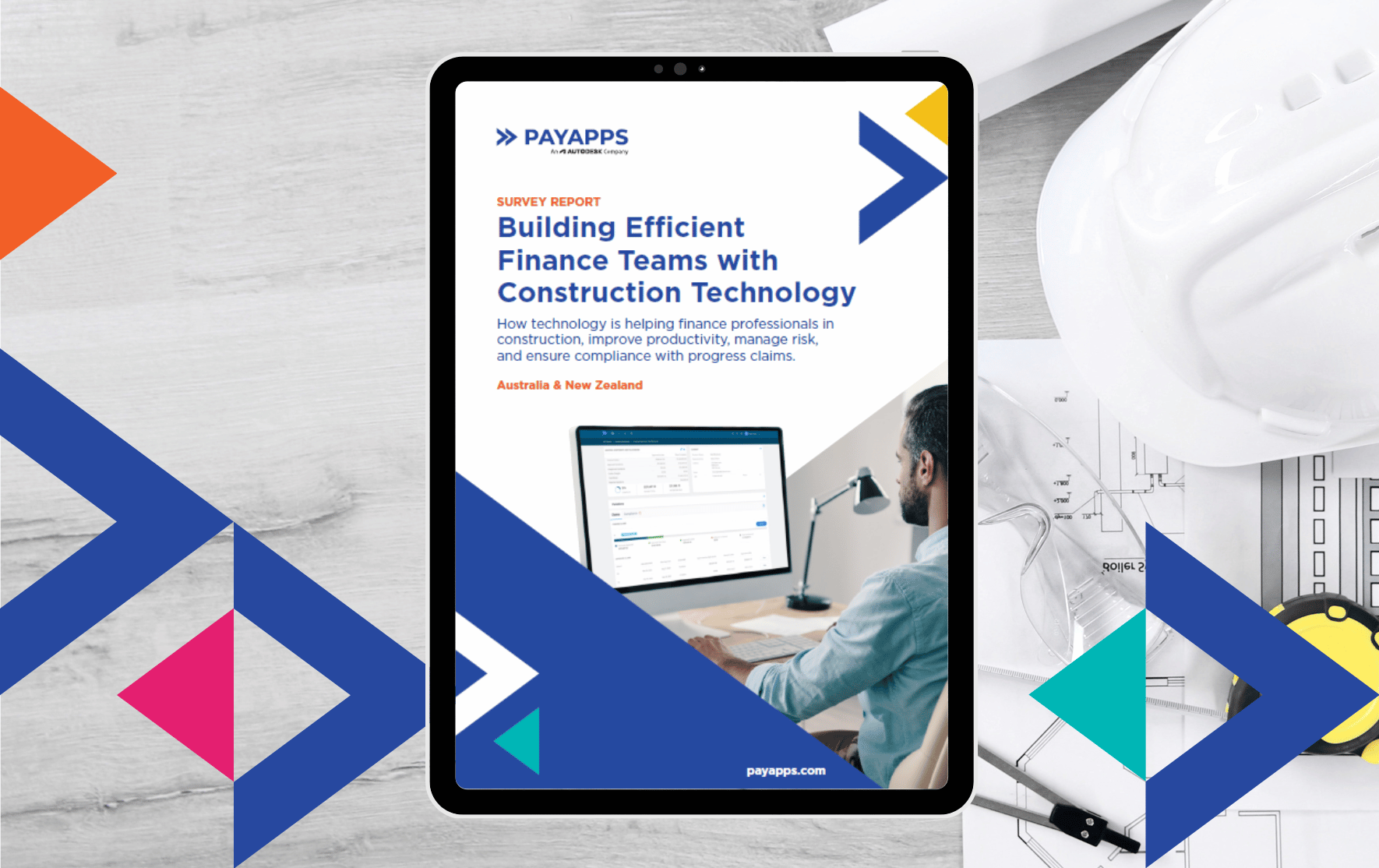The construction industry is becoming more complex, exacerbated by the increased size of projects, global forces, and market challenges. Complexity can lead to increased risks, and it is critical that risks are allocated fairly between parties, rather than simply be shifted around to those least able to manage them.
Contracts help protect all parties, define and allocate risks, and ensure everyone starts on literally the same page. Too often however, contracts are skewed in favour of the large, contracting company, increasing the risk for smaller and perhaps less legally-savvy subcontractors.
The role of Government
Industry often turns to Government to regulate and reform, which can be helpful to a point. Setting standards and guiding principles makes sense as a role for Government, but too much involvement can lead to bureaucracy and red tape holding things up.
In Australia, all states have their own version of The Security of Payment Act (SOPA), which since its introduction has helped shift attitudes and provided an important safeguard for subcontractors and suppliers in the construction industry to be paid correctly and in a timely manner.
But even with legislative protection, the onus is on parties to a contract to agree to the scope and cost of contract works, and adequately track progress and variations to ensure fair outcomes for all.
The challenges of contract management
Beyond having contracts, documentation and access to information is key to both confirm contractual commitments have been completed, and then for payments to be made per the terms of the contract.
Without adequate records to justify payment claims or variations to contract works, disputes will fill the void. Even when records are kept, they often take the form of ad hoc paperwork, spreadsheets and emails, which creates a burden on the back office of all parties to a contract who must then spend valuable time keeping track of everything.
This means that main contractors and subcontractors may face increased headcount and costs to undertake necessary but manual and burdensome tasks to ensure they meet their obligations.
Top of this list for subcontractors is to prepare and submit payment claims in an agreed timeframe, and for main contractors to assess and approve claims in a timely manner (thus meeting their regulatory obligations).
Making this process efficient creates benefits for all parties to contracts, reduces friction in the value chain, promotes better working relationships and helps deliver successful projects. And most importantly, it keeps cash flowing freely through the construction industry.
The role of technology
Often touted as the solution to every business challenge, technology is ubiquitous and entrenched in the construction industry. Even though construction is typically not an early adopter of technology, most companies are utilising various software and systems to better manage all aspects of their business, from construction to finances to project management and all kinds of business processes.
Spreadsheets are also widely used, but largely unreliable and only as good as the manual inputs to them, or the formulae on which they are built. Lack of centralised spreadsheet management and version control lead to incorrect data and information being shared and used.
Siloed systems that are not integrated cause information gaps within a business. This problem is worse in the broader value or supply chain, with subcontractors and suppliers using different systems and processes that effectively ensure there is no single source of truth for all parties.
Document storage, very important for financial and legal protection, can be haphazard and lack centralised access for up-to-date project documents and files.
When it comes to payments and progress claims, they are often based on manual and disorganised processes that include a mix of spreadsheets, paper, emails, and phone calls. Subcontractors are faced with a range of different spreadsheet templates favoured by different main contractors.
And main contractors are regularly faced with Incomplete or error-filled claims that need to be squared up before they can be approved, costing valuable time and putting the contractor at risk of not meeting their SOPA requirements.
Technology that levels the playing field
Creating an efficient, digital process to replace a problematic manual process is the ultimate expression of the benefit of technology. In the case of payment claims, Payapps provides a cloud-based collaboration tool that connects builders and subcontractors to standardise and streamline the submission and approval of payment claims on construction projects.
It replaces an inefficient and error-prone manual process with an innovative, accessible online process that is easy, efficient, and transparent. Not only does Payapps streamline the claims process for all parties to a construction contract; it puts the same information in front of everyone. This single source of truth increases transparency and drastically reduces the scope for disputes.
A faster way to prepare, submit, review, and approve payment claims is complemented by improved management of variations and retention, which are common causes of disputes on construction projects.
And integration with leading construction, project management and financial software reduces data double-handling and the potential for errors with information entered once and flowing into all connected systems.
Payapps also provides a repository for important contract documents such as insurances, ensuring that the correct documentation is on hand before payment claims are approved.
Payapps continues to strive to bring main contractors and subcontractors together, levelling the playing field in the industry and making construction payments simpler, fairer, and faster for all.







